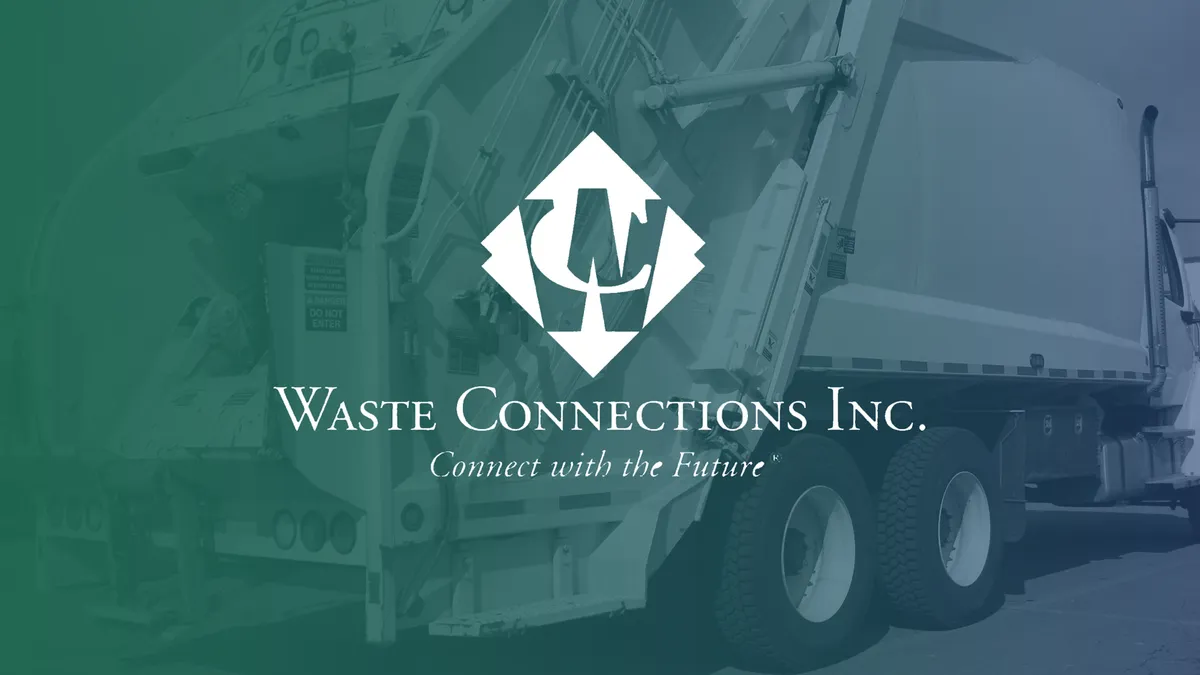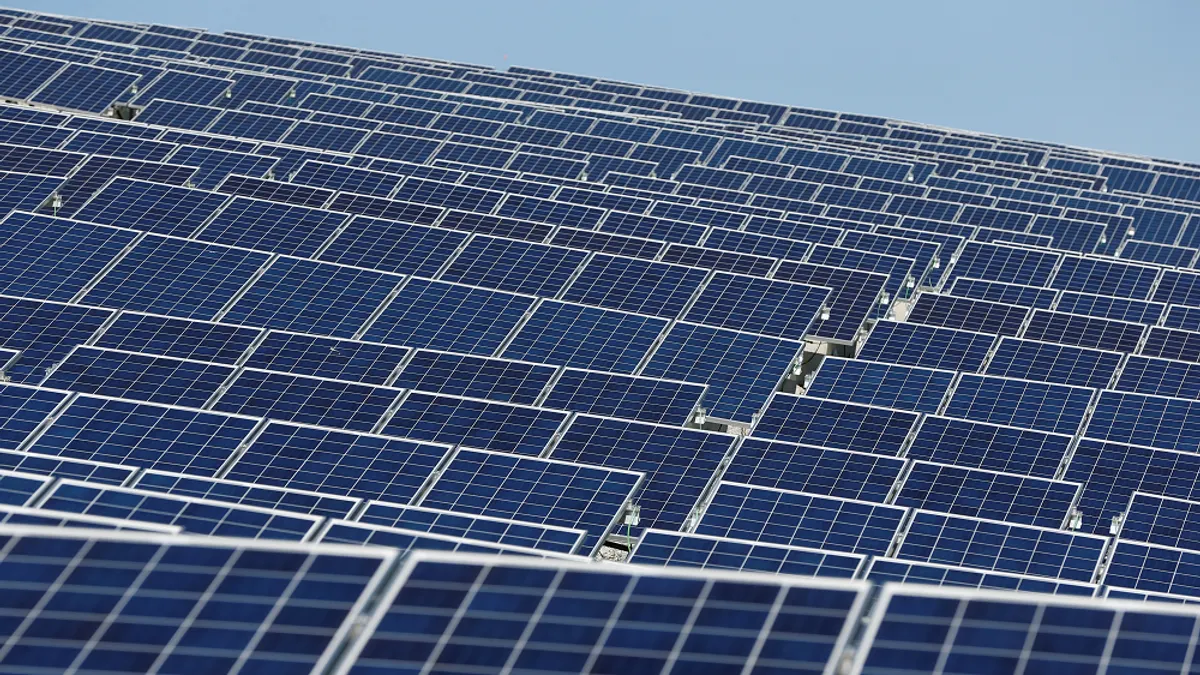Dive Brief:
- Waste Connections, Inc. reported $1.05 billion in revenue for the fourth quarter of 2016, which included $497.9 million from its June acquisition of Progressive Waste Solutions. For 2016 overall, revenue was $3.38 billion as compared to $2.12 billion in 2015.
- While the deal has been very good for Waste Connections, helping them exceed targets ahead of schedule, it required more work than expected. "...We had assumed Progressive was a better run company than they ended up being," said CEO Ron Mittelstaedt during a recent earnings call. "When you have a 42% to 44% employee turnover, something unhealthy is going on and we had to stop that." Since the deal, turnover reportedly decreased to 26% in the final quarter of 2016.
- Waste Connections projects revenue of around $4.45 billion for 2017, excluding additional divestitures and acquisitions. Multiple acquisition opportunities have been identified, including a West Coast operation for $15 million. The agreement has been signed and the deal is expected to close in late Q2 or early Q3 due to regulatory review.
Dive Insight:
The Progressive deal continues to be a boon for Waste Connections, though even without those numbers factored in the company still reported growth in core price and volume. Recycling revenue for Q4 of 2016, which excludes acquisitions, was up by around 16% mainly due to higher values for fiber. Similar to what other large competitors have been doing Waste Connections is also looking to get out of low margin revenue situations where possible, including a recent divestiture from the Washington, D.C. market.
Company leaders project that savings will continue as the Progressive assets become more integrated, leading to a decrease in turnover and safety issues. The accident and incident rate at Progressive operations has reportedly dropped by 50%. According to Mittelstaedt, Progressive operations had 31 fatalities in four years leading up to 2016 and six in the five months leading up to the acquisition but none since.
The January acquisition of Groot Industries in Illinois gave Waste Connections a strong start to the year and other large-scale deals could be on the horizon. Like other companies, Waste Connections is also watching the conversation around tax reform and believes it could lead to increased acquisition activity. Local policy changes will provide new opportunities as well. While Waste Connections was not selected for a franchise contract in Los Angeles due to a lack of comparable infrastructure in the region, Mittelstaedt said the company expects to see "substantial" disposal volumes from franchisees at their Chiquita Canyon Landfill. Waste Connections believes it is in a better place to benefit from a potential franchise system in New York because of existing infrastructure in two of the city's five boroughs.








